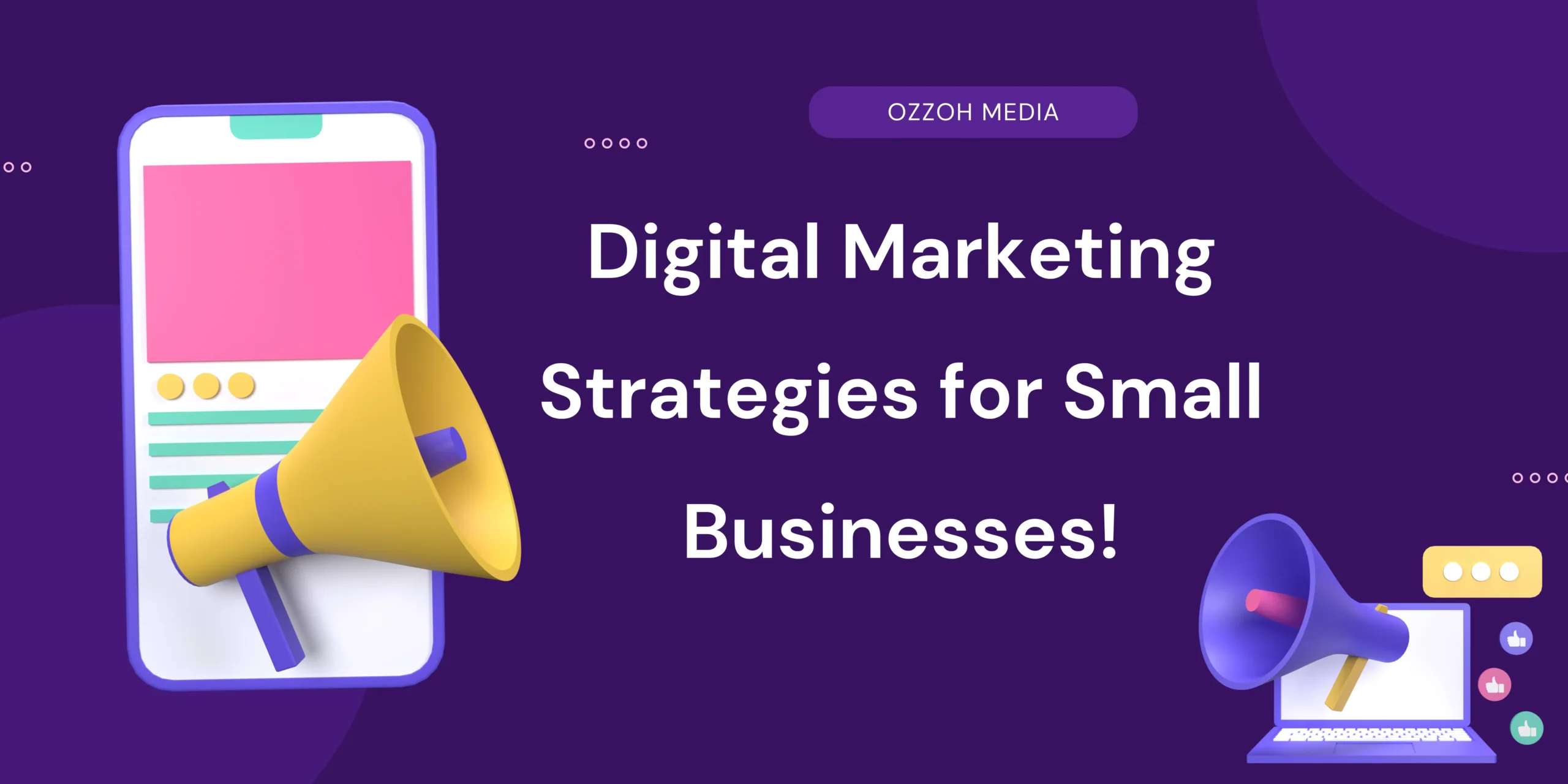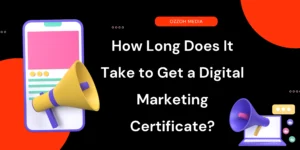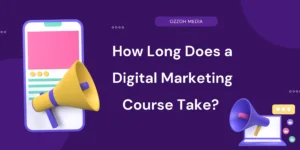In today’s competitive marketplace, digital marketing is essential for small businesses looking to grow and succeed. With the right strategies, even small enterprises can compete with larger companies by reaching their target audience effectively. But what are the best digital marketing strategies for small businesses? In this article, we’ll explore practical and cost-effective tactics that can help your business stand out online.
Why Digital Marketing Matters for Small Businesses
Unlike traditional marketing, digital marketing offers small businesses the ability to reach a global audience without a hefty budget. It provides measurable results, allowing you to track performance and adjust campaigns in real-time. With digital marketing, small businesses can:
- Build brand awareness
- Drive traffic to their websites
- Generate leads and conversions
- Engage with their audience
- Increase sales and revenue
To achieve these goals, it’s important to implement effective digital marketing strategies. Here are the top approaches that small businesses should consider.
1. Search Engine Optimization (SEO)
SEO is the process of optimizing your website to rank higher on search engines like Google. For small businesses, local SEO is especially important. By focusing on keywords that are relevant to your business and location, you can attract customers who are actively searching for the products or services you offer.
Key SEO Tips for Small Businesses:
- Research relevant local keywords (e.g., “best bakery in [city name]”).
- Optimize your website content with these keywords.
- Create a Google My Business profile for local SEO benefits.
- Ensure your website is mobile-friendly and has fast loading times.
- Build backlinks from reputable websites to increase your site’s authority.
2. Social Media Marketing
Social media platforms like Facebook, Instagram, LinkedIn, and Twitter provide excellent opportunities for small businesses to connect with their target audience. By sharing engaging content, small businesses can build brand loyalty, increase visibility, and drive traffic to their website.
Social Media Marketing Tips:
- Choose the right platforms where your target audience is most active.
- Post regularly and create engaging content like photos, videos, and polls.
- Use social media ads to reach a larger audience, targeting demographics like age, location, and interests.
- Engage with your followers by responding to comments, questions, and messages promptly.
3. Content Marketing
Content marketing focuses on creating valuable, relevant content to attract and engage your target audience. For small businesses, this can include blog posts, videos, infographics, and case studies. By providing helpful information, you can position your business as an authority in your industry and build trust with potential customers.
Content Marketing Ideas for Small Businesses:
- Start a blog on your website and write about topics that interest your customers.
- Create how-to guides, tutorials, or product demonstrations.
- Use email newsletters to distribute your content and keep your audience informed.
- Repurpose content into different formats (e.g., turn a blog post into a video).
4. Pay-Per-Click (PPC) Advertising
PPC advertising is a cost-effective way for small businesses to get immediate visibility on search engines and social media platforms. With PPC, you only pay when someone clicks on your ad, making it a budget-friendly option for businesses with limited resources.
PPC Advertising Tips:
- Set a daily or monthly budget to control your ad spend.
- Use Google Ads to target specific keywords related to your business.
- Run Facebook and Instagram ads to target users based on their demographics and interests.
- Monitor the performance of your ads and adjust your campaigns based on what works.
5. Email Marketing
Email marketing is one of the most effective digital marketing strategies for small businesses. By building an email list, you can stay in touch with customers, promote your products or services, and offer special discounts.
Email Marketing Tips:
- Collect email addresses through your website, social media, and in-store promotions.
- Use email marketing tools like Mailchimp or Constant Contact to send professional-looking emails.
- Segment your email list based on customer behavior (e.g., past purchases or website visits).
- Personalize your emails with the recipient’s name and tailor the content to their interests.
6. Influencer Marketing
Influencer marketing can be a powerful way for small businesses to increase brand visibility and trust. By partnering with influencers in your niche, you can reach a larger audience and promote your products through trusted sources.
Influencer Marketing Tips:
- Identify influencers who are relevant to your industry and have a following that matches your target audience.
- Start with micro-influencers (those with smaller, but highly engaged followers) as they tend to be more affordable.
- Collaborate on product reviews, giveaways, or sponsored posts to showcase your brand.
- Track the success of your influencer partnerships by monitoring engagement and sales.
7. Online Reviews and Reputation Management
Customer reviews play a significant role in influencing buying decisions, especially for small businesses. Managing your online reputation by encouraging satisfied customers to leave reviews can help build credibility and attract new customers.
Reputation Management Tips:
- Ask satisfied customers to leave reviews on Google, Yelp, or social media.
- Respond to reviews—both positive and negative—in a professional and timely manner.
- Highlight positive testimonials on your website and social media.
- Address any negative feedback with empathy and offer solutions where possible.
8. Affiliate Marketing
For small businesses, affiliate marketing can be a great way to generate additional sales. In this strategy, you partner with affiliates (individuals or companies) who promote your products or services. When someone makes a purchase through their referral, they earn a commission.
Affiliate Marketing Tips:
- Create an affiliate program with clear commission structures and guidelines.
- Choose affiliates who align with your brand values and target audience.
- Provide your affiliates with promotional materials like banners and discount codes.
- Track affiliate sales and reward top performers to incentivize continued promotion.
Conclusion
Small businesses have numerous opportunities to succeed in the digital space by leveraging effective digital marketing strategies. From SEO and social media marketing to content creation and PPC advertising, these tactics can help you reach your target audience, build brand loyalty, and grow your business.
Implementing these digital marketing strategies for small businesses can make a significant difference in your visibility, customer engagement, and ultimately, your bottom line. Whether you choose to focus on one or combine several approaches, the key is consistency, adaptability, and staying customer-focused.




